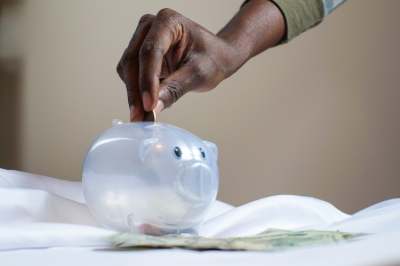Finding an ethical savings account
Ethical concerns around savings accounts are comparable to those for other banking services like current accounts or mortgages.
An ethical savings account is one that doesn’t enable the financing of destructive sectors like arms and fossil fuels but instead uses customers’ deposits to facilitate positive social and environmental action. It will also have an ethical approach to tax, pay and gender equality. Some banks and building societies also have pro-active investment policies and actively support positive environmental and social organisations.
Financial institutions offering savings accounts
In this guide to ethical savings accounts, we've included a range of banks and building societies operating in the UK.
We’ve included 11 of the UK’s biggest building societies in this research, but to keep the guide to a manageable size, haven't included all c.50+ building societies, or individual credit unions. However, because credit unions are locally focused and only lend to individuals, there is minimal risk of inadvertently funding fossil fuels or arms production with your savings in this type of organisation.
Savings accounts with the big high street banks are included in the guide, along with 'new' digital challenger banks like Monzo and Starling. We've also included a couple of Sharia banks (Al Rayan and Gatehouse).
With scores ranging from 0 out of 100 to full marks, and lots of brands in the upper-middle range, there are lots of options to switch your hard-earned savings to a more ethical place.





